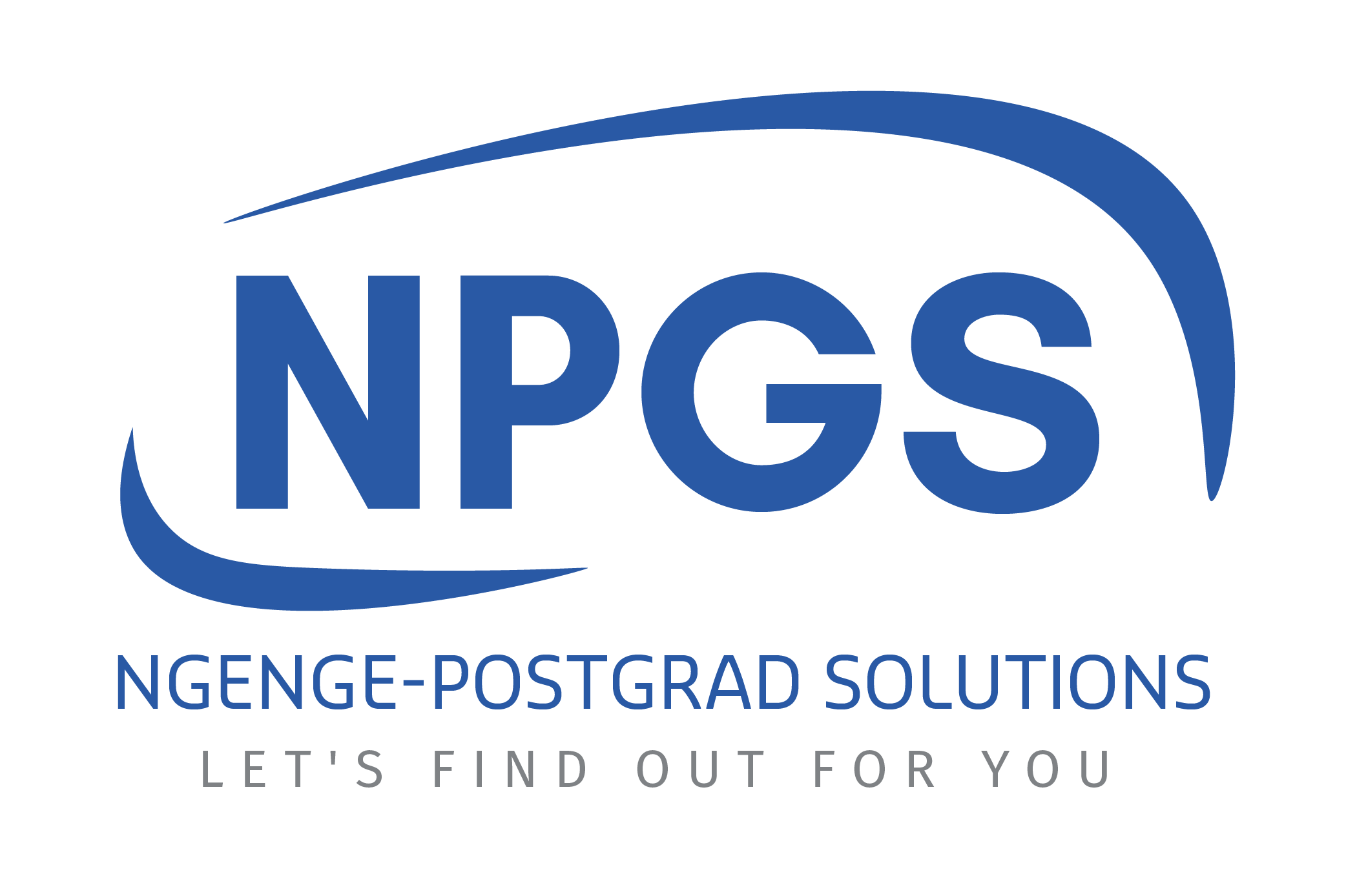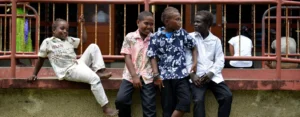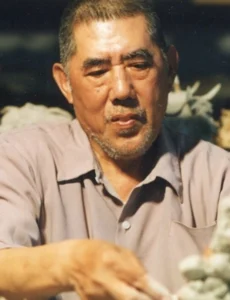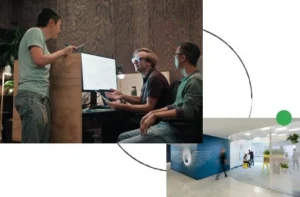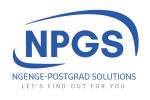Overview
Delegates from 195 nations will gather at the upcoming 15th meeting of the Conference of the Parties (COP15) to the United Nations Convention on Biological Diversity, to be held in Montreal, Canada from December 7 to 19, 2022.
This COP is a particularly important one, as Parties look to adopt the “Post-2020 Global Biodiversity Framework” which has been much-delayed and rescheduled following the outbreak of the Covid-19 pandemic.
The need for urgent action is clear: The deepening biodiversity crisis, often described as the “sixth mass extinction”, is characterized by a species extinction rate estimated to be ~1000 times higher than natural extinction rates. Scientists have long warned these losses will lead to a catastrophic collapse of the “natural ecosystems we rely upon to survive”, and the window of opportunity to curb this decline is rapidly closing.
The Framework – once agreed upon in Montreal – should outline what countries need to do, individually and collectively, in the next decade and beyond, to achieve the CBD’s overall vision of “living in harmony with nature” by 2050. Meetings of the Parties to the Cartagena Protocol on Biosafety and the Nagoya Protocol on Access and Benefit-sharing will also take place concurrently.
This opportunity is intended to enable journalists from low- and middle-income countries to cover the UN CBD negotiations, keeping their home audiences informed about COP15 – and report why its outcomes matter.
The fellowship, supported by Arcadia – a charitable fund of Peter Baldwin and Lisbet Rausing, will strengthen journalists’ capacity to report on biodiversity issues and equip the public and policymakers with the information they need to address the drivers of biodiversity loss.
Fellowship logistics
Eight journalists will be selected for the fellowship. In the leadup to COP15, fellows will receive resources and tools to help prepare for reporting at the conference. While in Montreal, fellows will participate in a series of specially designed activities, including an orientation session with biodiversity experts on the key issues at this COP, daily briefings and interviews with high-level officials. They will also be mentored by EJN trainers, who are senior journalists with experience in covering UN summits. Trainers will offer valuable insight into the deliberations happening on the ground, and share feedback and guidance as needed to support Fellows’ story production. Fellows will also engage with their cohort and exchange ideas for effective reporting on the issues under negotiation.
Format and language of publication: Journalists may produce stories in print, online, radio or broadcast formats. Stories produced as a result of this fellowship can be in any language. We ask that fellows provide summarizes of their stories in English and translate at least one of their stories into English so it can be shared with a wider audience.
Acknowledgement of support: We fully respect journalists’ editorial independence, and throughout the conference journalists are free to report as they see fit. We do ask, however, that published stories and/or broadcasts disclose EJN support by including this tagline: “The journalist was awarded a fellowship by Internews’ Earth Journalism Network.”
Republication rights: Those who are awarded grants are free to publish or broadcast stories produced as a result of the fellowship first in their affiliated media as long as Internews’ EJN, its partners and the grant funders are also given rights to edit, republish, broadcast and distribute them freely.
Eligibility
To be eligible for the fellowship, the applicant must:
- Be a professional journalist from or representing an established media house and reporting from a low- or middle-income country as classified by The World Bank.
- Have previous experience reporting on environmental issues.
- Be available to arrive in Montreal by December 5, 2022 and commit to staying to cover the full two weeks of the COP and participate in fellowship activities.
- Provide a letter of support from an editor or media outlet, committing to publish or broadcast any stories produced as a result of this fellowship. This is expected of both staffers and freelancers.
- Submit samples of their work, which can be uploaded as documents or web links. Work samples can be in any language as long as they are accompanied by a short English synopsis. Clips related to biodiversity issues are preferred.
Note: You’ll be asked to upload these supporting documents once you start the application process, so please have them handy.
Judging criteria
Applications for conference scholarships will be accepted until September 15, 2022. Decisions will be communicated before the end of October.
Criteria for evaluating applicants include demonstrated interest and experience covering biodiversity and other environmental topics, clear plans outlining the kinds of stories they will pursue from – and following – the conference, story ideas with the potential for impact and the audience reach of the proposed media outlet. Gender balance and geographical distribution across the cohort will also be considered.
Travel requirements and safety protocols
EJN will cover non-refundable economy-class airfare, accommodation, meals, travel insurance, and transportation costs to participate in the fellowship. Organizers will also reimburse meals and other transport expenses acquired in transit, including COVID testing; facilitate the press accreditation process; and provide logistical support relating to the trip. Please note that the process of obtaining any necessary visas is the Fellow’s individual responsibility, though we can reimburse visa costs.
Journalists awarded fellowships are responsible for their own safety during travel, and for ensuring that they meet any requirements for travel and attendance. Please note that during a time when many countries are still coping with the spread of COVID-19, there will be added risks and operational challenges involved with international travel and participation in in-person events.
